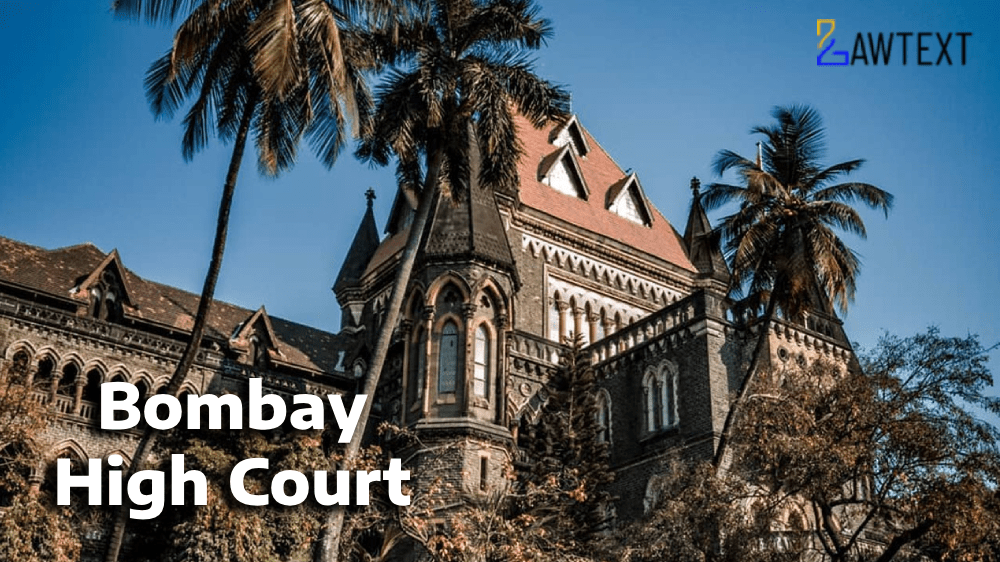"High Court Denies Hindustan Unilever Ltd.’s Writ Petition Against Income Tax Demand; Directs Appeal as Remedy" "Jurisdictional authority and tax compliance obligations scrutinized in a high-value international intellectual property rights acquisition."

CASE NOTE & SUMMARY
The Bombay High Court dismissed Hindustan Unilever Ltd.'s writ petition challenging a demand raised by the Deputy Commissioner of Income Tax under Section 201(1) of the Income Tax Act, 1961, for non-deduction of tax on the acquisition of the Horlicks trademark from GlaxoSmithKline. The petitioner argued that the transaction did not involve a capital asset situated in India, thus not attracting TDS. However, the Court emphasized that the petitioner had an alternate remedy through an appeal under Section 253 of the Act, leaving open all contentions regarding tax liability. Additionally, the Court directed the expunging of inappropriate remarks made by the Deputy Commissioner regarding the applicability of a Delhi High Court judgment.
-
Introduction & Parties:
- The petitioner, Hindustan Unilever Ltd., challenged an Income Tax demand for non-compliance with Section 195, related to the purchase of Horlicks' Indian trademark.
- The demand of ₹962.75 crore was raised for non-deduction of TDS on payments made to foreign entities of GlaxoSmithKline.
-
Factual Background (Para 1-8):
- The petitioner paid EUR 375.6 million for the acquisition of the "Horlicks" trademark from GlaxoSmithKline entities, which was treated as a capital asset in India by the tax authorities.
- Multiple notices were issued under Section 133(6) for transaction details, and a final order was passed under Section 201(1) and 201(1A) of the Income Tax Act.
-
Petitioner's Contentions (Para 9-10):
- Hindustan Unilever argued that the trademark acquisition did not constitute a transfer of capital assets in India, thereby negating the need for TDS under Section 195.
- The petitioner relied on Delhi High Court's decision in CUB Pty Ltd. and a Bombay High Court decision in Mahyco Monsanto Biotech to support non-taxability.
-
Revenue's Contentions (Para 11-13):
- The Revenue argued that the transaction attracted TDS due to the territoriality principle, citing Supreme Court's judgment in Toyota Jidosha Kabushiki Kaisha and the Trade Marks Act to assert that the trademark was an Indian asset.
-
Judicial Analysis (Para 14-23):
- The Court found that issues of territoriality, intellectual property situs, and capital gains require detailed factual and legal examination, best addressed through appellate proceedings.
- The Court rejected the petitioner's argument that the decision of the Delhi High Court was binding, noting that the applicability of the decision was debatable.
-
Limitation Argument (Para 24-26):
- The petitioner’s claim that the demand was time-barred was dismissed, with the Court referencing various judgments that allow the Revenue to act within a reasonable period, as the legislature did not provide a specific time limit for non-residents under Section 201.
-
Final Decision (Para 27-30):
-
The Court dismissed the writ petition, directing the petitioner to pursue the appellate remedy under Section 253.
-
Interim relief was granted, restraining the Revenue from enforcing the demand until the appellate authority passes orders on the stay application.
Key Acts and Sections Discussed:
- Income Tax Act, 1961:
- Section 195: Deals with TDS on payments made to non-residents.
- Section 201(1) and 201(1A): Relates to consequences of non-deduction of tax at source.
- Section 253: Provides for appeals to the Income Tax Appellate Tribunal.
- Trade Marks Act, 1999:
- Section 38: Discusses assignability of trademarks with or without goodwill.
Ratio Decidendi:
-
Territoriality of IP Rights: Intellectual property, even if registered by a foreign entity, is deemed to be an Indian asset if registered under Indian law (Trade Marks Act), making it subject to tax liabilities under the Income Tax Act.
-
Availability of Alternate Remedies: The Court emphasized that when statutory remedies such as appeals are available, the writ jurisdiction should not be invoked unless exceptional circumstances arise, such as patent illegality or jurisdictional overreach.
Subjects:
Income tax liability concerning the acquisition of intellectual property rights by an Indian company from a foreign entity and the obligation to deduct tax at source.
#IncomeTax #TDS #IntellectualProperty #TrademarkLaw #HighCourt #AlternateRemedy #Territoriality #CapitalGains #Horlicks #HindustanUnilever
ISSUE OF CONSIDERATION
Hindustan Unilever Ltd. Versus The Deputy Commissioner of Income-tax
Citation: 2024 LawText (BOM) (9) 234
Case Number: WRIT PETITION NO. 4325 OF 2024
Date of Decision: 2024-09-23
Case Title: Hindustan Unilever Ltd. Versus The Deputy Commissioner of Income-tax
Before Judge: G. S. KULKARNI & SOMASEKHAR SUNDARESAN, JJ.
Advocate(s): Mr. J.D. Mistri, Senior Advocate a/w. Mr. Ankul Goyal, Mr. P.C. Tripathi i/b. Mr. Atul Jasani for the petitioner. Mr. N. Venkatraman, ASG a/w. Ms. Shilpa Goel for the respondents.
Appellant: Hindustan Unilever Ltd.
Respondent: The Deputy Commissioner of Income-tax

